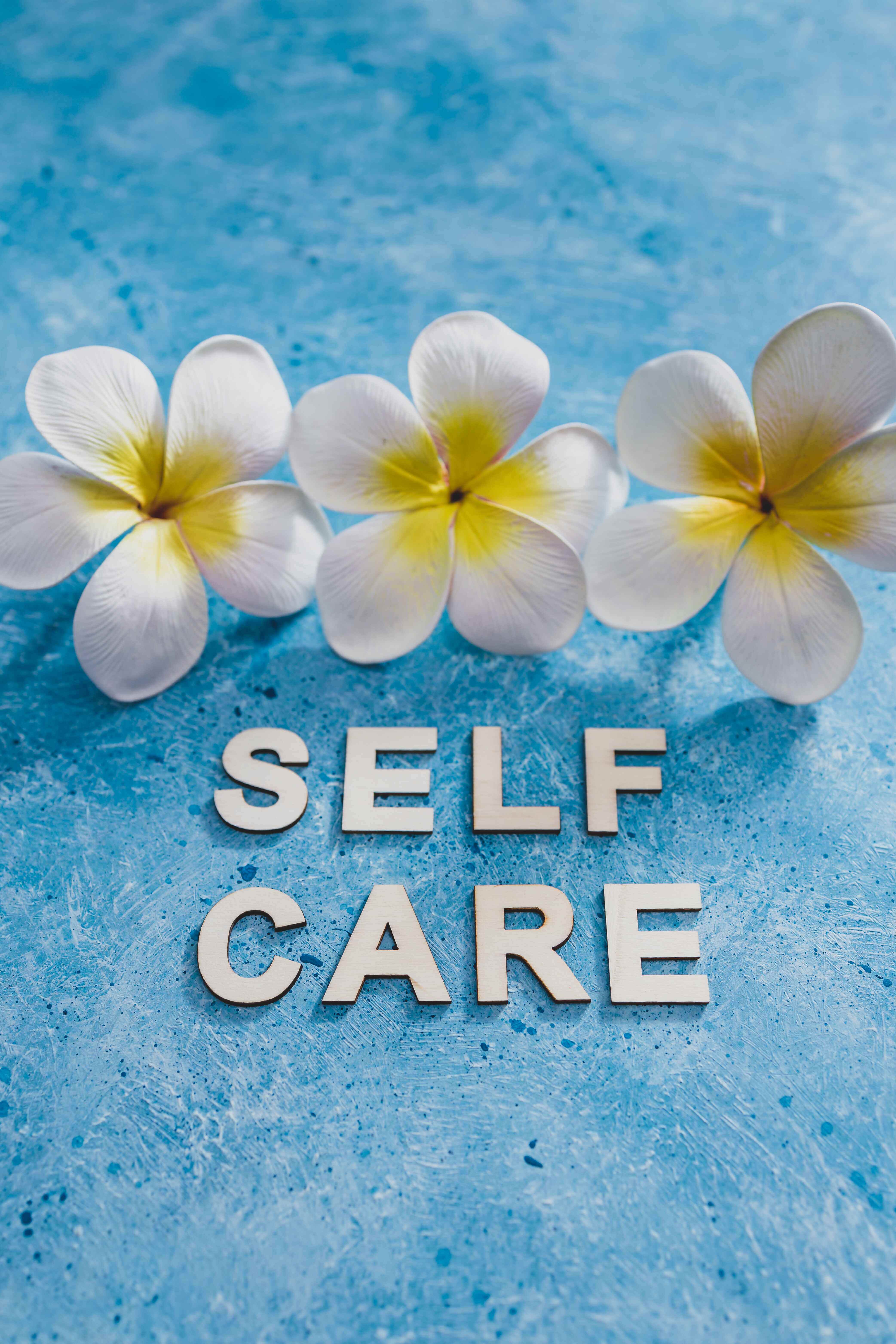'i'm A Doctor — Here's The Wellness Routine I Follow For A Longer, Healthier Life'

Humans may have reached their max life expectancy, according to a recent Harvard study — but that’s likely not going to stop them from trying to extend their years.
A recent poll found that 81% of respondents reported being "somewhat or very willing" to spend money to live longer — although many are unsure of where to start.
Dr. Sajad Zalzala, co-founder and chief medical officer of AgelessRx in Detroit, Michigan, is committed to helping people live not only their longest, but also their healthiest lives.
TRUMP’S STAMINA AT AGE 78 IMPRESSES THE EXPERTS: ‘MENTAL AND PHYSICAL RESILIENCE’
As a physician with a background in functional medicine, Zalzala worked to find and treat the root causes of symptoms and illness — which led him into the longevity space.
In 2019, he launched AgelessRx to try to "solve the puzzle of aging."
Zalzala spoke on camera with Fox News Digital about the hallmarks of aging and what he sees as the most important components of a longer, healthier life.
While the aging process can look different for different people, researchers have identified some "common denominators" of cellular and molecular aging, which Zalzala shared with Fox News Digital.
WOMAN CREDITS THIS DRINK OF CHOICE TO 105 YEARS OF LIFE: 'A PERFECT MATCH'
1. Genomic instability: This occurs when damaged DNA leads to diseases like cancer and weakens the body’s ability to heal, according to the doctor.
2. Telomere attrition: Shorter telomeres (DNA sequences at the end of a chromosome) are what cause visible aging signs like wrinkles and slower cell regeneration.
3. Epigenetic alteration: This is when environmental factors alter gene function, accelerating skin aging and metabolic issues, Zalzala said.
4. Loss of proteostasis: "Misfolded proteins contribute to age-related diseases like Alzheimer's," the doctor said.
5. Mitochondrial dysfunction: Reduced energy production leads to fatigue and muscle weakness, according to Zalzala.
6. Deregulated nutrient sensing: "Dysfunction in regulating metabolism and controlling energy production is a cause of why we age," the doctor said.
7. Cellular senescence: With this phenomenon, cells stop dividing, causing aging signs like thinning skin and age spots.
8. Stem cell exhaustion: "Fewer stem cells result in gray hair and slower tissue repair," Zalzala noted.
9. Altered intercellular communication: Poor cell communication weakens tissue health and immune responses, according to the doctor.
10. Disabled macroautophagy: This is a slowdown of the process that provides metabolites and energy to cells, according to ScienceDirect.
11. Chronic inflammation: As people grow older, an increase in inflammation is directly linked to the development of many diseases and effects of aging, experts agree.
12. Dysbiosis: This condition causes an imbalance in the microscopic organisms within the body, which can have negative impacts on health, per Cleveland Clinic.
Many of these hallmarks can be addressed through behavioral changes, Zalzala said.
"A lot of things can be benefited by lifestyle," he said. "For example, eating a highly processed diet, not exercising and being sedentary promotes inflammation, and that accelerates the aging process."
The doctor shared some of his habits in each of the five "buckets" of healthy living.
Zalzala follows a "Paleo-like" diet, which consists mainly of whole foods like vegetables, low-glycemic fruits and lean protein.
"I stay away from excessively processed foods, excessive sweets, and foods with too many starches or simple sugars," he said.
There's a lot of debate about whether grains are healthy, Zalzala noted. He tends to avoid them.
"From a pure health perspective, I don't think there's much nutritional value in them," he said.
When it comes to fruit, not all are created equal, according to Zalzala.
"Bananas and grapes are high-glycemic foods — you want to stick to low-glycemic fruits such as berries and cherries."
The doctor also abstains from drinking alcohol.
"Alcohol is not very good for longevity, and I would recommend limiting it," he said. "More studies seem to show that there's really no good level of alcohol consumption."
While Zalzala said he’s "not a huge exercise guy," he does recognize the importance of physical activity in slowing down aging.
He uses a walking desk in his office for a couple of hours each day, and he does martial arts classes with his teenage son.
AS SOLO AGING BECOMES MORE COMMON, HERE'S HOW TO THRIVE ON YOUR OWN
The doctor also spends 20 or 30 minutes per day doing a mix of exercises, including riding a stationary bike, using a rowing machine and lifting free weights.
"I try to get a little bit of cardio and a little bit of weight resistance training each day," Zalzala said.
While Zalzala said he is "very comfortable" with medications, they should be prescribed carefully based on each person’s individual health goals.
One medication he regularly takes is metformin, which is used to treat type 2 diabetes and gestational diabetes.
Some studies have shown that metformin could help to promote longevity and better health outcomes, the doctor said.
"I started taking it mostly for prevention, as I’ve always struggled with my weight," Zalzala said.
The doctor has also recently started taking rapamycin, an immunosuppressive drug that has been heralded for its potential longevity-boosting properties.
Zalzala also sometimes takes acarbose, an anti-diabetic medication that helps to regulate blood sugar.
"When I do eat starches and carbs, I try to take acarbose to limit some of the blood sugar spikes that can occur — and it also helps improve the microbiome," he said.
Most recently, Zalzala started taking atorvastatin (Lipitor) to help keep his cholesterol at a healthy level.
"I have a family history of heart disease, and I just couldn't get my LDL cholesterol down with diet and exercise," he said.
AGING SLOWDOWN COULD BE SURPRISE BENEFIT OF EXISTING MEDICATION, RESEARCH SHOWS
The doctor occasionally takes NAD+ (nicotinamide adenine dinucleotide), which is a coenzyme that helps to regulate metabolism.
"Aging or certain disease conditions can drain the body of NAD+, so I take it here and there when I feel drained and need an energy boost," he said.
CLICK HERE TO SIGN UP FOR OUR HEALTH NEWSLETTER
"There's been more and more data showing that keeping youthful energy levels can help with all sorts of things, so I take it as needed for mitochondrial support and also for general longevity."
Zalzala has always been an advocate of supplements to promote healthier living.
"Over the years, I've tried a bunch of different supplements — I always like to try things on myself, see how I feel, see how it moves the marker."
AGING SPEEDS UP 'MASSIVELY' AT TWO POINTS IN ONE'S LIFETIME, STANFORD STUDY FINDS: ‘ABRUPT CHANGES’
Vitamin D is among the most important supplements, he said.
Studies have shown that vitamin D supplements can help to improve bone health, brain health and immune function, among other benefits.
DHEA (dehydroepiandrosterone), a hormone produced in the adrenal gland, is another of his top picks. Some studies have shown that DHEA helps to reduce abdominal fat, improve insulin resistance and reduce inflammation in the arteries.
The doctor also takes Coenzyme Q10, an antioxidant supplement, to counter the potential downsides of his heart medication.
"As long as somebody is free of any major diseases, I think most supplements won't do any harm and could have benefit if taken intelligently," he said.
It’s important to talk with a doctor before starting a new medication, supplement or exercise program, the doctor emphasized.
One of the most important and overlooked aspects of health, according to Zalzala, is sleep.
"If you can't get your sleep right, very few things matter, because it will throw off your metabolism and all your hormones," he told Fox News Digital.
For more Health articles, visit www.foxnews.com/health
"So having some way to measure and monitor sleep is very important."
If someone suffers from sleep apnea or another sleep disorder, it’s essential to talk to a doctor about ways to improve sleep, the doctor advised.


